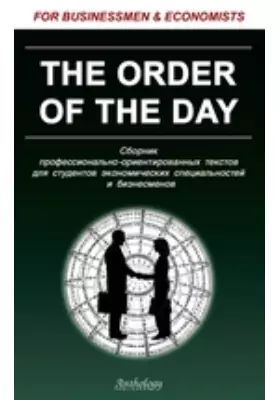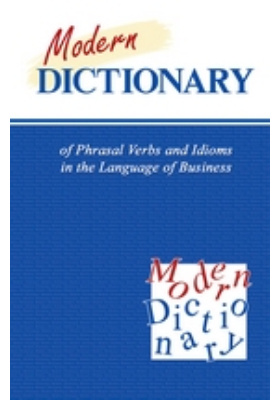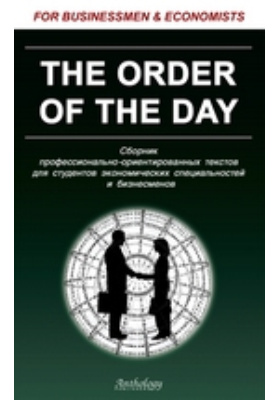The Order of the Day : сборник профессионально-ориентированных текстов для студентов экономических специальностей и бизнесменов
Место издания: Санкт-Петербург
ISBN: 5-94962-082-8
Страниц: 208
Артикул: 58219
Возрастная маркировка: 16+
Краткая аннотация книги "The Order of the Day"
Сборник текстов по актуальным вопросам в сфере экономики и бизнеса предназначен для ознакомления с вызовами современности. Сборник содержит разделы, которые заинтересуют всех, кто хочет быть в курсе событий, происходящих в сфере бизнеса и экономики. Структура сборника выдержана таким образом, чтобы дать возможность читателю не только ознакомиться с различными мировыми тенденциями в сфере бизнеса, но и с различными стилевыми особенностями авторов статей, а также повторить основные грамматические структуры. В конце каждого текста приводится список слов и выражений, подлежащих активному усвоению. Сборник может быть использован студентами экономических вузов, а также при подготовке специалистов в курсе делового английского.
Содержание книги "The Order of the Day"
I. THE SMALL BUSINESS
Text 1 (part 1). Small Business Ownership
Text 1 (part 2). Starting a Business
Text 1 (part 3). Do You Have What It Takes (to be an Entrepreneur)?
Text 1 (part 4). The Small Business Owner/Manager
Text 2. Focus on Small Business
II. PROBLEMS OF MANAGEMENT
Text 1. Barriers and Gateways to Communication
Text 2. Skills of an Effective Administrator
Text 3. How to Make the Right Manager
Text 4 (part 1). Status and its Symbols
Text 4 (part 2). Incongruency of Status Sources and Symbols
Text 5. Power
Text 6. Establishing goals and plans
III. ACCOUNTING AND AUDITING PRINCIPLES
Text 1 (part 1). Accounting Principles
Text 1 (part 2). Business Entity
Text 2. Purposes of Cost Accounts
Text 3 (part 1). Auditing (Introduction)
Text 3 (part 2). Auditing from the Internal, Governmental and External Perspectives
Text 3 (part 3). Relationship of Auditing to Accounting
Text 3 (part 4). Overview of the Audit Process
Text 4. The Modern Accountant – Image and Prospects
IV. CROSSCULTURAL DIVERSITY
Text 1 (part 1). Core Values of the Japanese Businessman. Group Identity
Text 1 (part 2). Diligence. Thirst for Knowledge
Text 1 (part 3). The Japanese Work Ethic
Text 1 (part 4). Curiosity and Emphasis on Innovation
Text 1 (part 5). Respect for Form
Text 1 (part 6). A Mind for Competition and Outlook on Rewards
Text 1 (part 7). Silence as Eloquence
Text 1 (part 8). Perception of Time
V. ADVERTISING
Text 1. Historical Milestones in Advertising
Text 2 (part 1). Developing an Advertising Program (US)
Text 2 (part 2). Setting the Advertising Budget
Text 2 (part 3). Creating the Advertising Message
Text 2 (part 4). Message Execution
Text 2 (part 5). Selecting Advertising Media
Text 2 (part 6). Advertisers Seek Alternative Media
Text 2 (part 7). Advertising Evaluation
Text 2 (part 8). Sales Promotion
Text 2 (part 9). Public Relations
Text 3 (part 1). History of the Coca-Cola Company
Text 3 (part 2). Packages and Products
Text 3 (part 3). Advertising and Marketing
Text 3 (part 4). The Bottler System
Text 3 (part 5). North America Business Sector
Text 4. Alcohol and Advertising
Text 5. Direct Mail Reaches Out and Touches Russians
Text 6 (part 1). The Biggest Advertiser. Procter & Gamble
Text 6 (part 2). The History of the Company
Text 6 (part 3). Who Owns and Runs the Company
VI. GLOBALIZATION
Text 1. Concerted Action For a Global Problem
Text 2 (part 1). Challenges of Global Market
Text 2 (part 2). The Changing Globescape
Text 2 (part 3). Contending with Complexity
Text 2 (part 4). Competition
Text 2 (part 5). Conforming to Conscience
Text 2 (part 6). Organizational Responses to Global Challenges
Text 3. Globalization and its Critics
Text 4. Winners and Losers
REFERENCES
Все отзывы о книге The Order of the Day : сборник профессионально-ориентированных текстов для студентов экономических специальностей и бизнесменов
Отрывок из книги The Order of the Day : сборник профессионально-ориентированных текстов для студентов экономических специальностей и бизнесменов
2 6have been termed unconscious, or repressed, or denied toawareness, become blocked off so that they no longercommunicate themselves to the conscious or managing part ofhimself; as long as this is true, there are distortions in the way hecommunicates himself to others, and so he suffers both withinhimself and in his interpersonal relations.The task of psychotherapy is to help the person achieve,through a special relationship with a therapist, good communicationwithin himself. Once this is achieved, he can communicate morefreely and more effectively with others. We may say then thatpsychotherapy is good communication, within and between men.We may also turn that statement around and it will still be true.Good communication, free communication, within or betweenmen, is always therapeutic.It is, then, from a background of experience withcommunication in counseling and psychotherapy that I want topresent two ideas: (1) I wish to state what I believe is one of themajor factors in blocking or impeding communication, andthen (2) I wish to present what in our experience has proved tobe a very important way of improving or facilitatingcommunication.Barrier: The Tendency to EvaluateI should like to propose, as a hypothesis for consideration,that the major barrier to mutual interpersonal communication isour very natural tendency to judge, to evaluate, to approve (ordisapprove) the statement of the other person or the other group.Let me illustrate my meaning with some very simple examples.Suppose someone, commenting on this discussion, makes thestatement, “I didn’t like what that man said.” What will yourespond? Almost invariably your reply will be either approval ordisapproval of the attitude expressed. Either you respond, “Ididn’t either; I thought it was terrible,” or else you tend to reply,“Oh, I thought it was really good.” In other words, your primaryreaction is to evaluate it from your point of view, your own frameof reference.Or take another example. Suppose I say w...
С книгой "The Order of the Day" читают

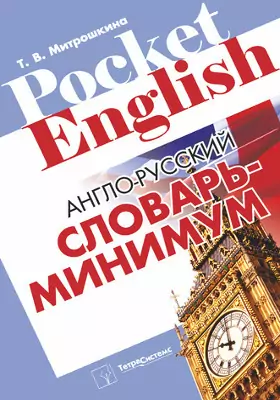









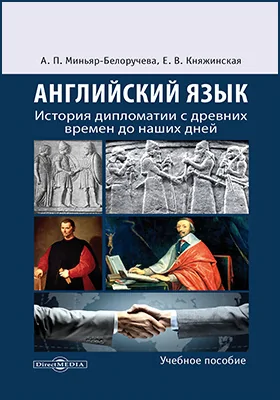






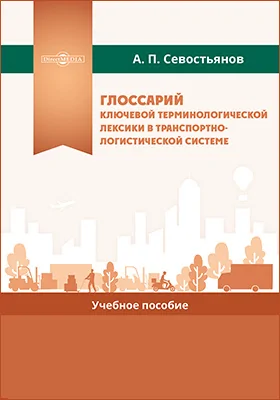
Бестселлеры нон-фикшн


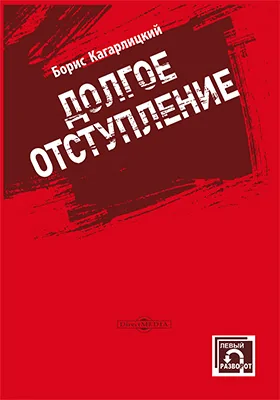



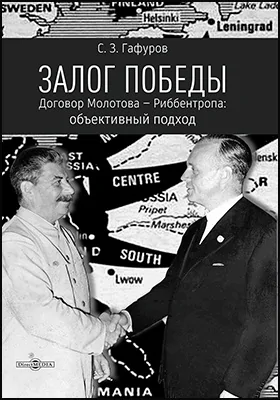

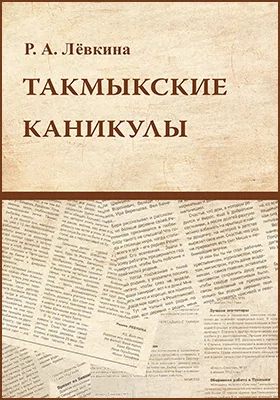
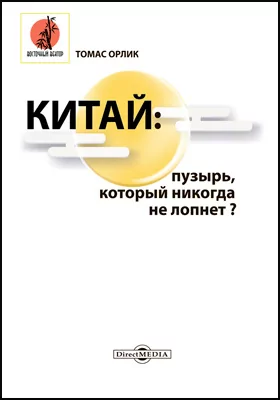



Новинки книги нон-фикшн


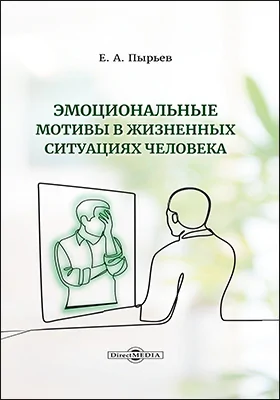








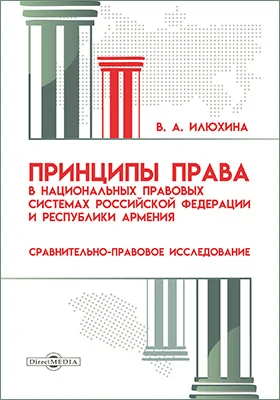
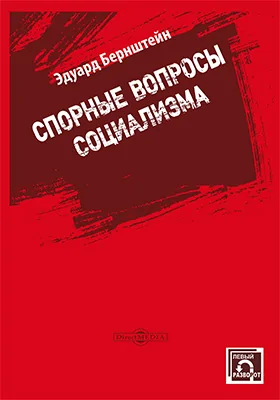
Солодушкина К. А. другие книги автора
и мы свяжемся с вами в течение 15 минут
за оставленную заявку

